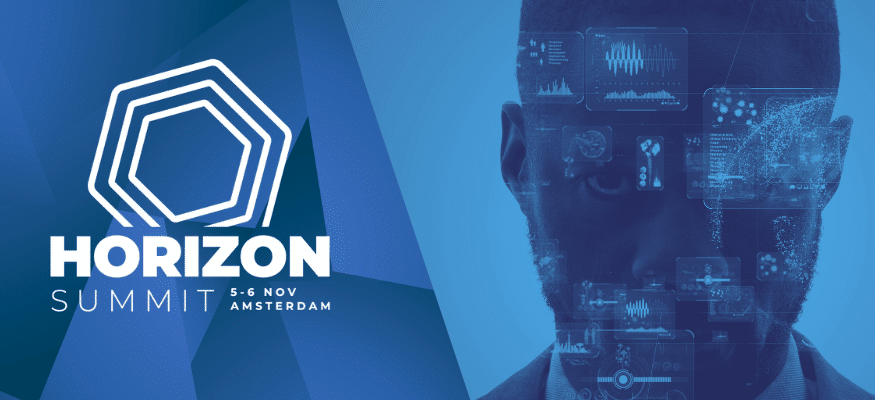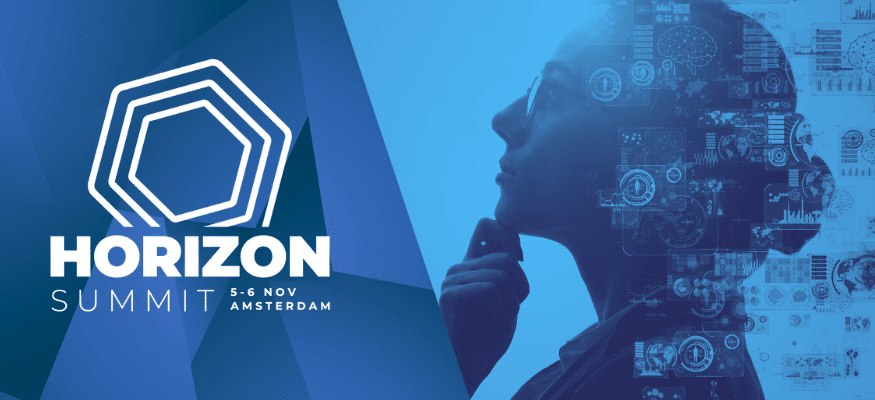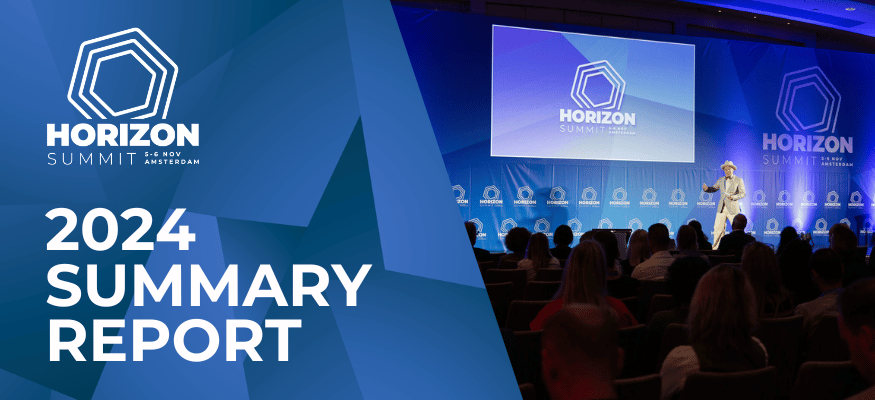Power of Coaching in Modern Workplaces
Coaching has emerged as a pivotal strategy in the face of the multifaceted challenges of a rapidly changing world. From technological disruption to shifting workforce dynamics, businesses are finding coaching to be a game-changing solution. No longer confined to executive-level interventions or sporadic development initiatives, coaching has become a cornerstone of progressive organizations. It is instrumental in unlocking human potential, building resilient teams, and driving cultural transformation.
Insights from the Horizon Summit 2024 and the International Coaching Federation (ICF) reveal coaching as more than a developmental tool. It’s a leadership philosophy that prioritizes empowerment, adaptability, and collaboration—essential traits for navigating today’s business challenges. This article delves into how coaching reshapes organizations by fostering engagement, bridging generational divides, and creating cultures of continuous improvement.
Building a Coaching Culture: A New Leadership Mandate
The shift towards coaching cultures signifies a fundamental transformation in leadership. Organizations that have embraced strong coaching cultures are outperforming their peers across a range of metrics. These include employee engagement, retention, and innovation. A recent study by the ICF found that companies with embedded coaching cultures were 36% more likely to achieve higher revenue growth than their industry counterparts.
At the heart of this shift is recognizing that effective leaders are not answer providers but enablers. Coaching fosters a leadership style centered on active listening, powerful questioning, and empowering employees to find solutions. Leaders at organizations like AstraZeneca—which showcased its transformation journey at the Horizon Summit—demonstrated the impact of integrating coaching into performance management and talent development. The results? Increased managerial confidence, enhanced employee engagement, and notable productivity gains.
Strategies for Embedding a Coaching Culture:
- Leadership Buy-In: Senior leaders must model coaching behaviors, from fostering open dialogues to providing constructive feedback.
- Skill Development: It is essential to train managers in core coaching competencies, such as active listening, feedback delivery, and empathy.
- Integration: Embed coaching into everyday processes such as performance reviews, onboarding, and succession planning.
- Measurement: Track coaching’s impact through metrics like engagement scores and retention rates to ensure sustained focus.
Driving Engagement and Retention with Transformative Coaching
Coaching offers a way to reinvigorate the workforce in an era when disengagement costs organizations billions annually. Transformative coaching—focused on personalized growth and support—is a proven strategy for enhancing employee commitment and reducing turnover.
Case studies presented at the Horizon Summit illustrate this potential. AstraZeneca’s systemic coaching initiatives and AI-enabled tools democratized coaching access across levels, ensuring even frontline employees benefited. This approach fostered deeper connections between employees and their roles, aligning personal goals with organizational objectives.
Why Transformative Coaching Works:
- Empowerment: Coaching signals investment in employees’ growth, driving reciprocal loyalty and effort.
- Feedback and Support: Tailored coaching conversations uncover dissatisfaction’s root causes, preempting turnover.
- Alignment with Purpose: Employees coached to see their roles as integral to the organization’s mission demonstrate higher engagement.
Coaching for Resilience in a Rapidly Changing World
In today’s business landscape, uncertainty is the only certainty. Economic upheavals, technological advancements, and societal shifts are constantly challenging organizations to stay adaptable. Resilience and adaptability, traits increasingly prioritized by forward-thinking companies, can be cultivated through coaching. Coaching is not just about addressing current challenges, but also about preparing organizations for a future that is increasingly influenced by AI and automation.
The “Shifting Gears” initiative by OLX, an online classifieds leader, underscores coaching’s role in building resilience. Facing low engagement and adaptability scores, OLX introduced coaching programs focusing on continuous feedback, managerial support, and AI-driven tools. Engagement scores rose by 11%, and the number of “flourishing” employees—those thriving despite challenges—increased significantly.
Bridging Generations in the AI Era
The modern workplace’s multi-generational nature is both a strength and a challenge. From Baby Boomers to Gen Z, each generation brings unique expectations, values, and communication styles. Coaching is emerging as a powerful bridge to unite these perspectives.
Strategies to Leverage Generational Diversity:
- Reverse Mentorship: Younger employees coach older colleagues on technology while senior staff share industry wisdom.
- Inclusive Leadership Development: Coaching leaders to value diverse contributions ensures generational harmony.
- AI Tools for Personalization: Tailored AI-enabled coaching ensures that all employees, regardless of age, can upskill effectively.
As Magdalena Nowicka Mook, CEO of ICF, noted at the Horizon Summit, coaching addresses generational divides and prepares employees for a future increasingly influenced by AI and automation.
Coaching as a Catalyst for Cultural Transformation
Beyond individual and team performance, coaching is critical for reshaping organizational culture. Cultural transformation requires aligning values, behaviors, and practices to strategic priorities. Coaching facilitates this alignment by promoting psychological safety, fostering inclusivity, and driving accountability.
Insights from a Horizon Summit panel—featuring leaders from Accumin, Infineon Technologies, and Philips—highlighted coaching’s role in navigating cultural shifts. Philips’ transition from consumer electronics to healthcare solutions exemplifies how coaching helps organizations redefine their purpose and values.
Key Takeaways for Driving Cultural Change:
- Top-Down and Bottom-Up Alignment: Empower leaders and local teams to adapt cultural frameworks collaboratively.
- Peer Coaching Networks: Encourage mutual support to embed coaching into the organization’s DNA.
- Celebrate Success Stories: Sharing examples of cultural breakthroughs reinforces coaching’s transformative impact.
Looking Ahead: Coaching in a Dynamic World
The insights shared at the Horizon Summit and captured in the ICF research make one thing clear: coaching is no longer a luxury but a necessity. As organizations navigate unrelenting change, coaching offers a roadmap to resilience, engagement, and innovation.
The future of coaching lies in its integration with technology. AI-powered tools are already scaling coaching initiatives, enabling personalized support across geographies and roles. However, the human element remains irreplaceable. Coaching retains its transformative power through authentic connections, empathy, and nuanced understanding.
Call to Action: Organizations aiming to thrive in this new era must embed coaching into their core strategies. Businesses can unlock unparalleled growth and alignment by fostering coaching cultures, investing in leadership development, and leveraging AI’s potential. Coaching isn’t just about navigating challenges—it’s about embracing opportunities for transformation.







